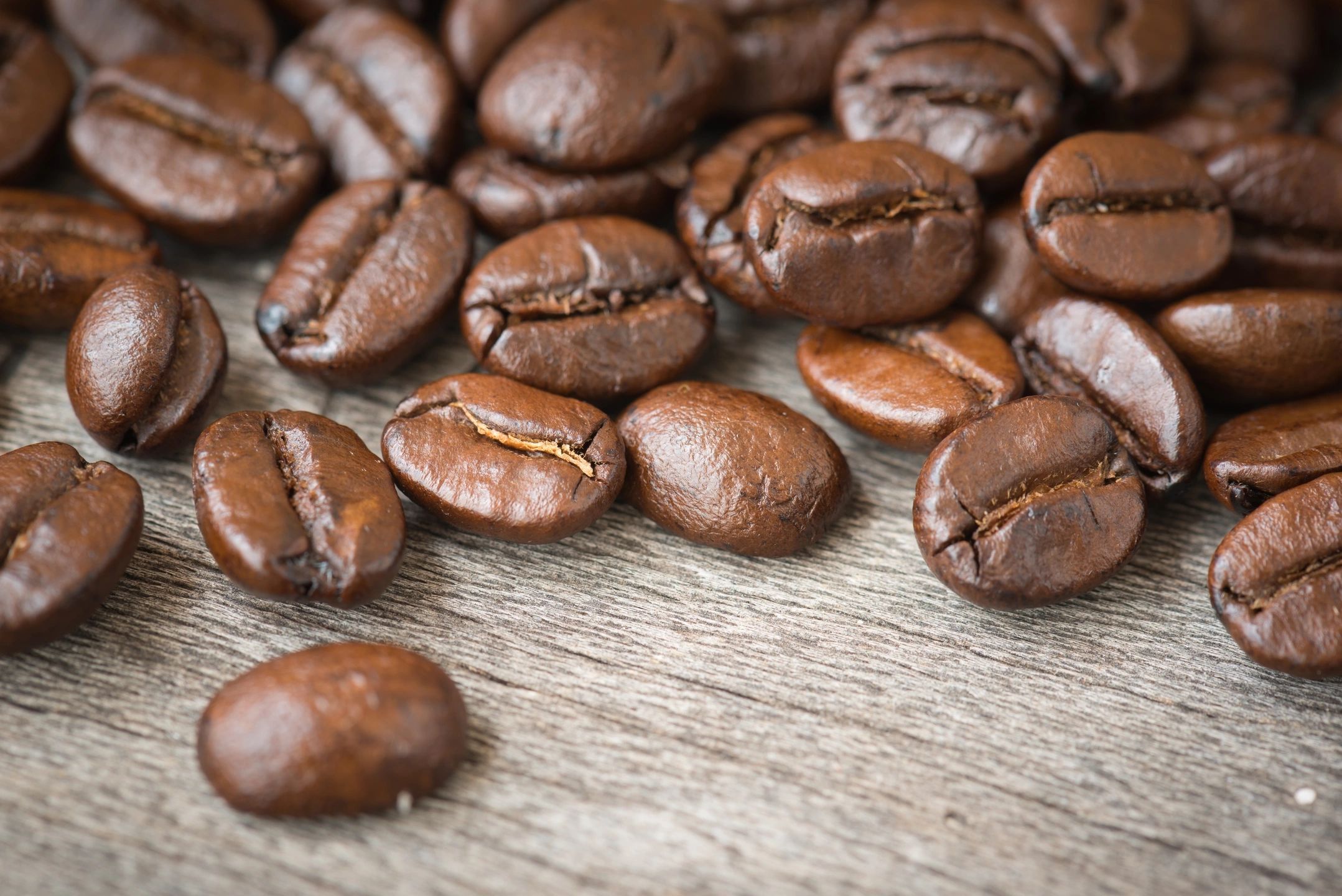New research from Galway University in Ireland, in collaboration with Hamilton’s McMaster University, raises concerns about the beverages people consume and their associated risks. The five-year study included 13,500 participants across 27 countries who had experienced a stroke. Researchers collected detailed data on the drinks consumed by these individuals to investigate potential links to stroke incidence.
Dr. Andrew Smyth, a physician at Galway University Hospitals and a professor of clinical epidemiology, noted that the study examined various beverages, including “fizzy drinks, fruit drinks, and water,” as well as black tea, green tea, and other tea types.
The findings revealed that both sugary and artificially sweetened fizzy drinks were associated with a 22% increased risk of stroke. In contrast, the consumption of fruit juice was linked to a 37% heightened risk of stroke.
Smyth emphasized the significance of understanding the harmful components in these beverages that can elevate stroke risk. He explained, “When you walk into the grocery store, you see some 100% freshly squeezed fruit juice, along with many fruit drinks made from concentrates that contain additives, sugars, and other ingredients.”
Previous research indicated that consuming more than four cups of coffee daily could also be connected to an increased stroke risk; however, certain types of tea appeared to have protective effects. “We found that drinking three to four cups a day of black or green tea reduced your chance of having a stroke by a third,” said Smyth, adding that this benefit was not observed in those who added milk to their tea.
Smyth also highlighted that drinking seven glasses of water daily may further reduce stroke risk.
Dr. Christopher Labos, a cardiologist and epidemiologist, expressed skepticism regarding these research findings. He commented, “When you’re asking people to average out their food consumption over years, I’m not convinced that this type of approach amounts to much more than a rough guess.” He acknowledged that caffeine intake and its potential health impacts merit careful scrutiny.
Smyth clarified that the goal of this research is to provide individuals with valuable information and education about their choices. “Sometimes it might be best for you to make a different choice,” he suggested, hoping to equip people with the knowledge to improve their health and minimize stroke risk.



